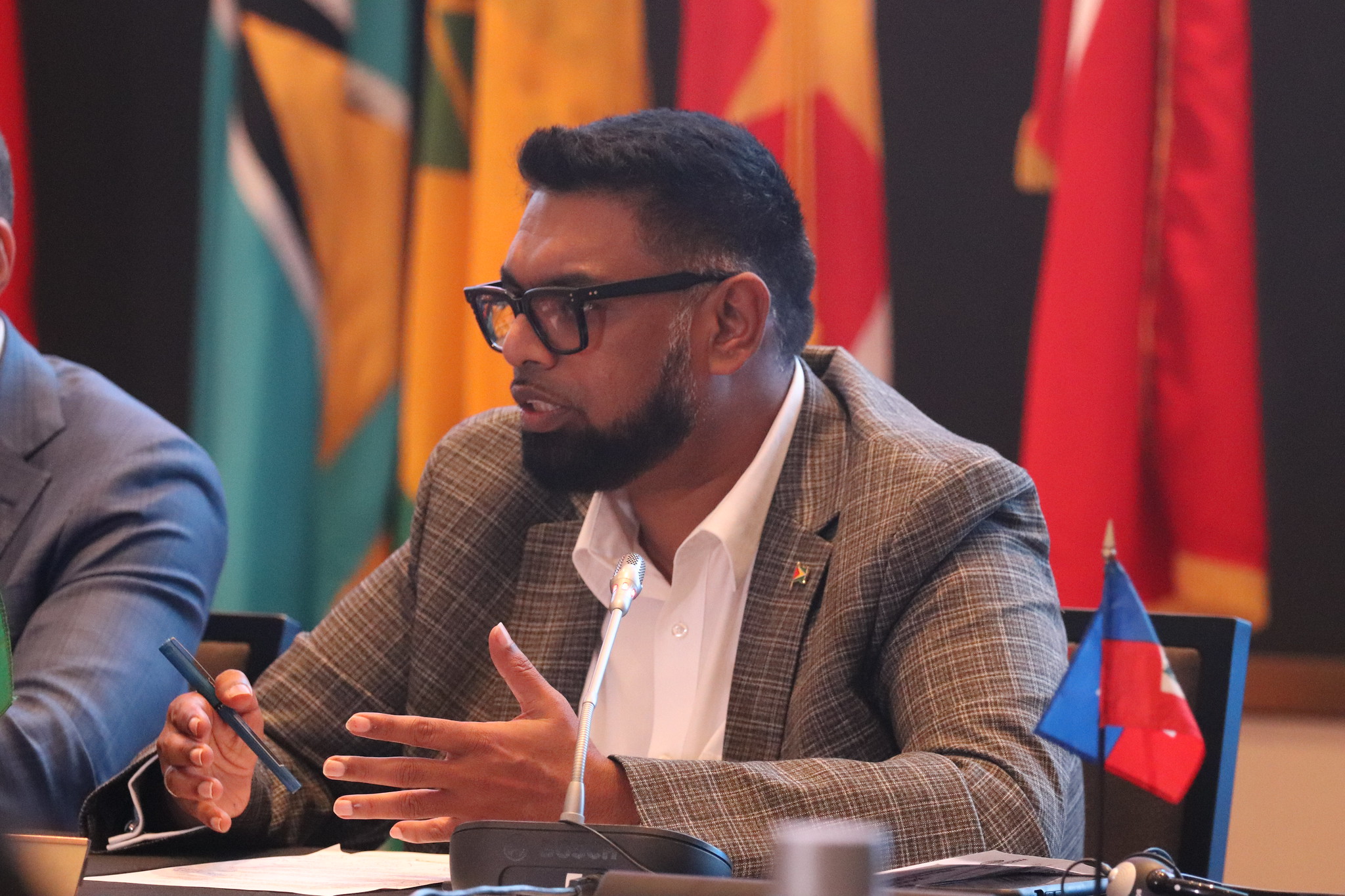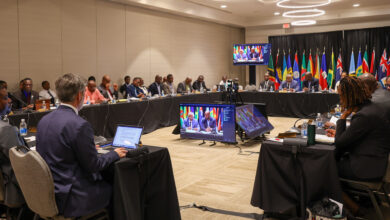Uncertainties in the global trade arena and impacts from natural disasters in the Region are among the factors that have necessitated an extension to the regional food security initiative.
The 25 by 2025 Initiative, which targeted the reduction of the Region’s more than $6B food import bill by 25 percent by yearend, has now been extended to 2030. New goals have also been added to the Initiative.
H.E. Dr. Irfaan Ali, President of Guyana and Lead Head of Government with responsibility for agriculture and food security in the CARICOM Quasi Cabinet, made the announcement on Friday, 21 February 2025, at the end of the 48th Regular Meeting of the Conference of Heads of Government of the Caribbean Community (CARICOM) in Barbados.
While acknowledging the significant progress that was made to date under the Initiative, the President pointed to the devastating consequences of Hurricane Beryl on the agriculture sector and continuing global supply chain disruptions.
“In relation to our 25 by 2025 programme…we have made significant progress. If you look at 2022 to the end of October/November 2024, we have had about a 24 percent increase in food production across the Region. We have had major investments in infrastructure to support food production, whether it’s cold storage, farm-to-market access roads, solar dryer facilities, loan approval, establishment of dairy facilities. We have seen significant increase in private sector investment and lending in the agriculture sector and the food production chain within the Region,” the President told the media.
Given the current situation, he said the Region has established a “holistic framework” to build a resilient, sustainable, and competitive industry and food system that will encourage participation, particularly, of young people and women.






